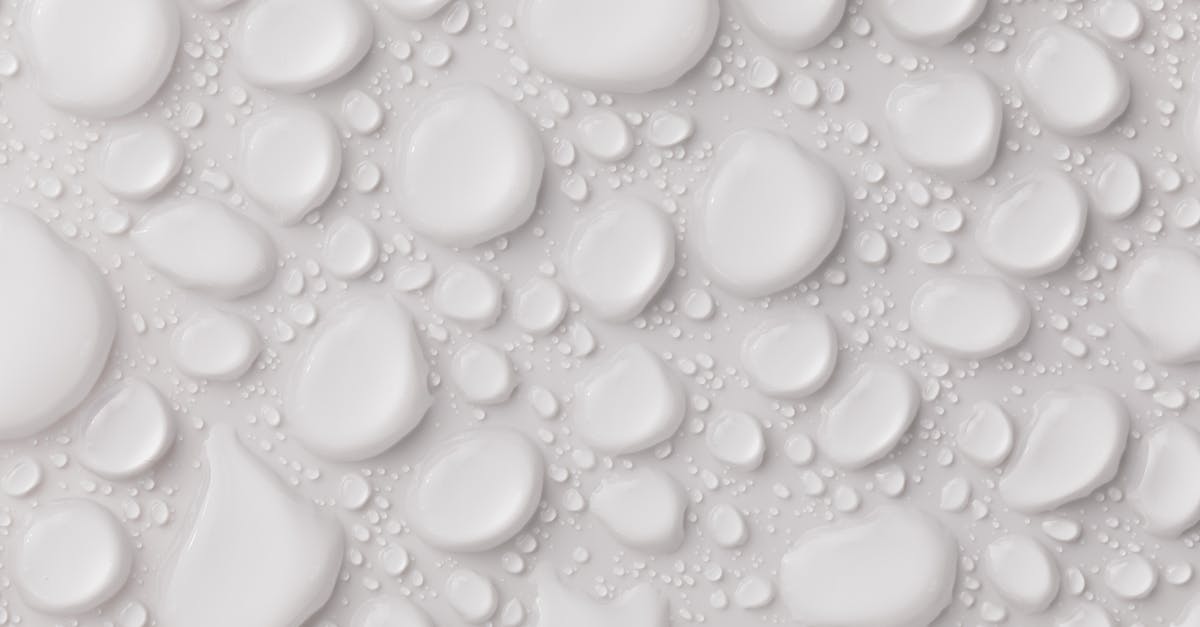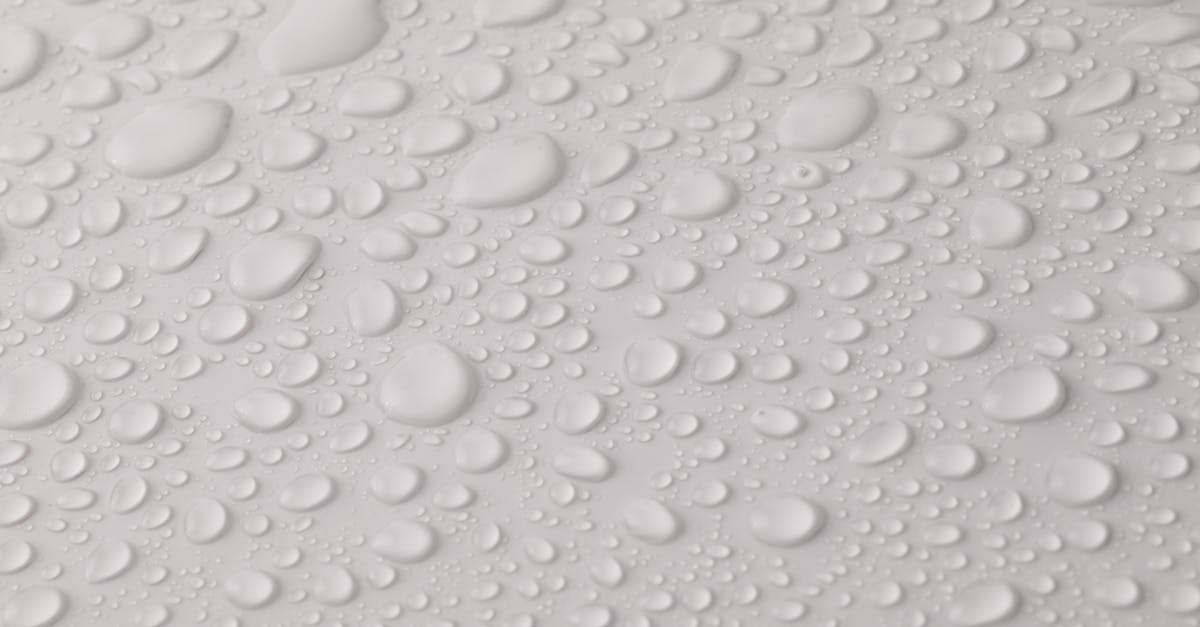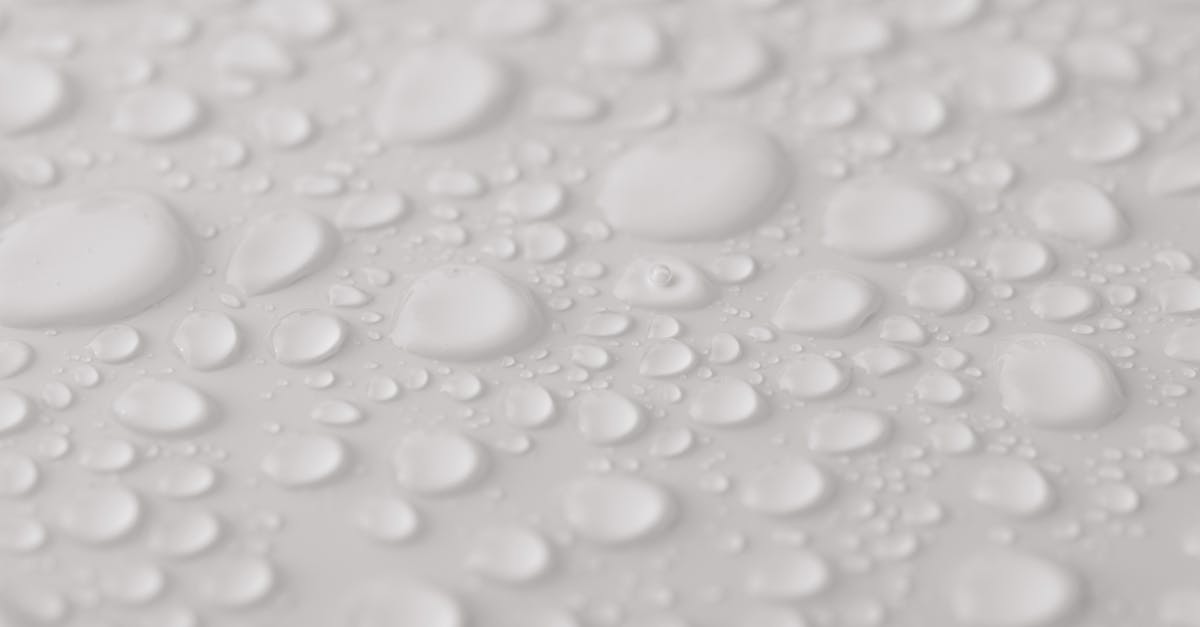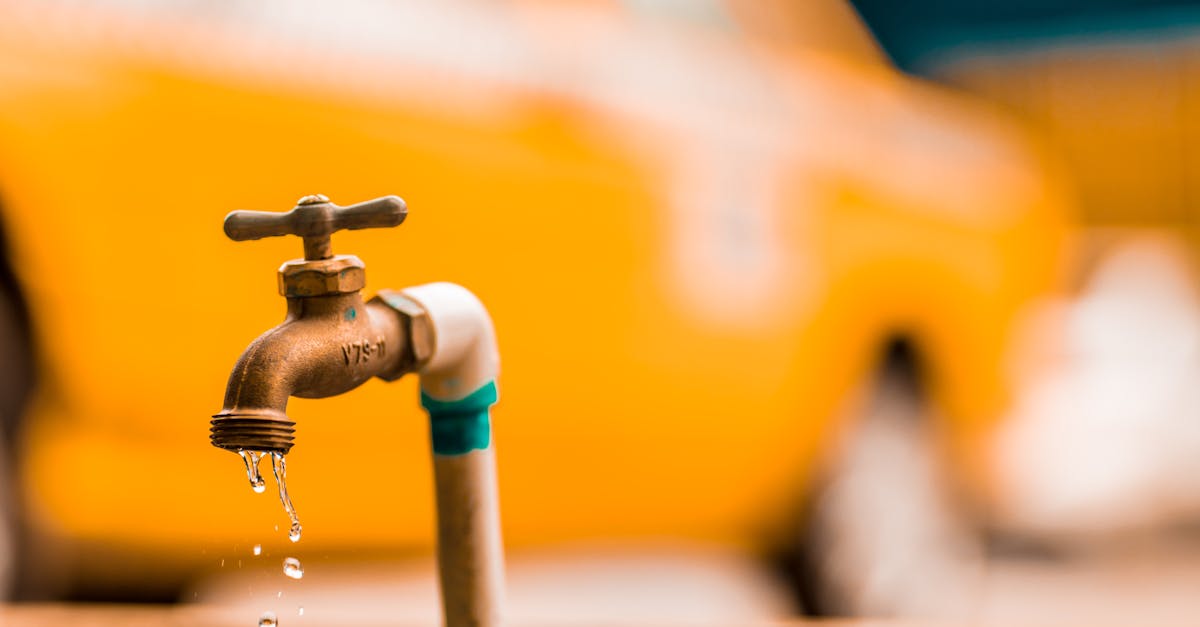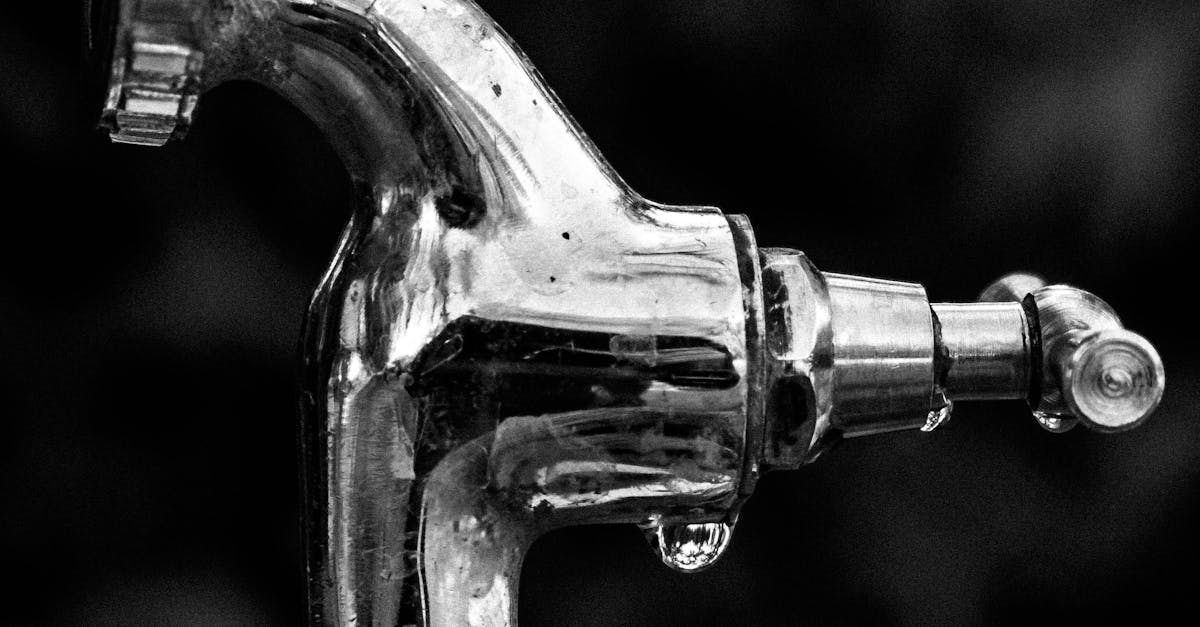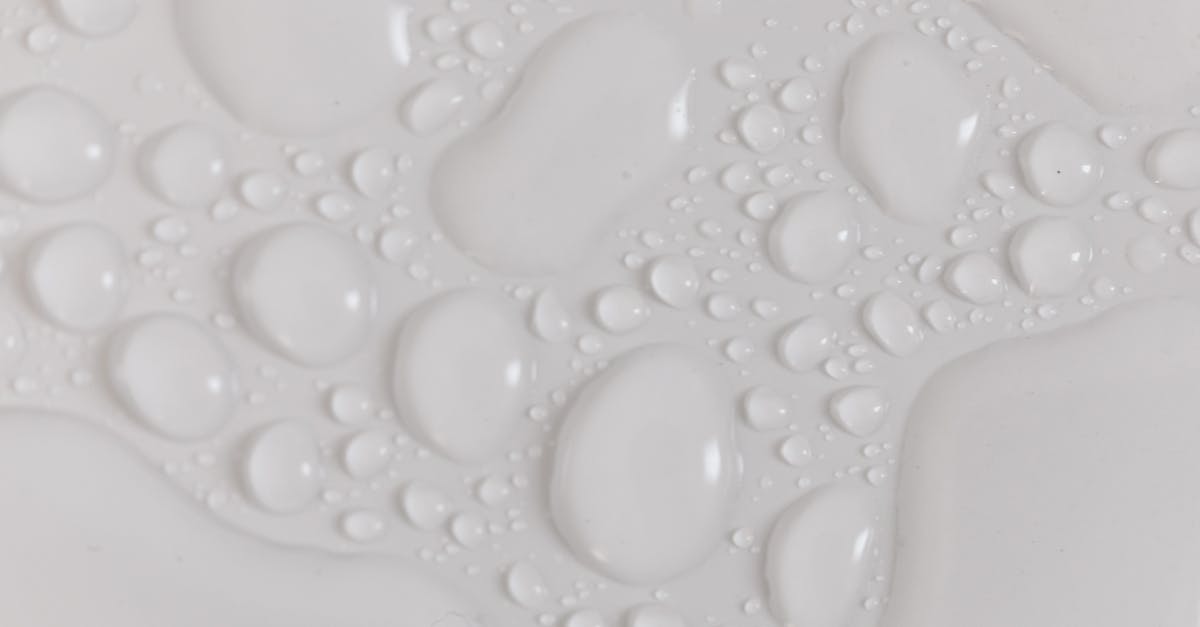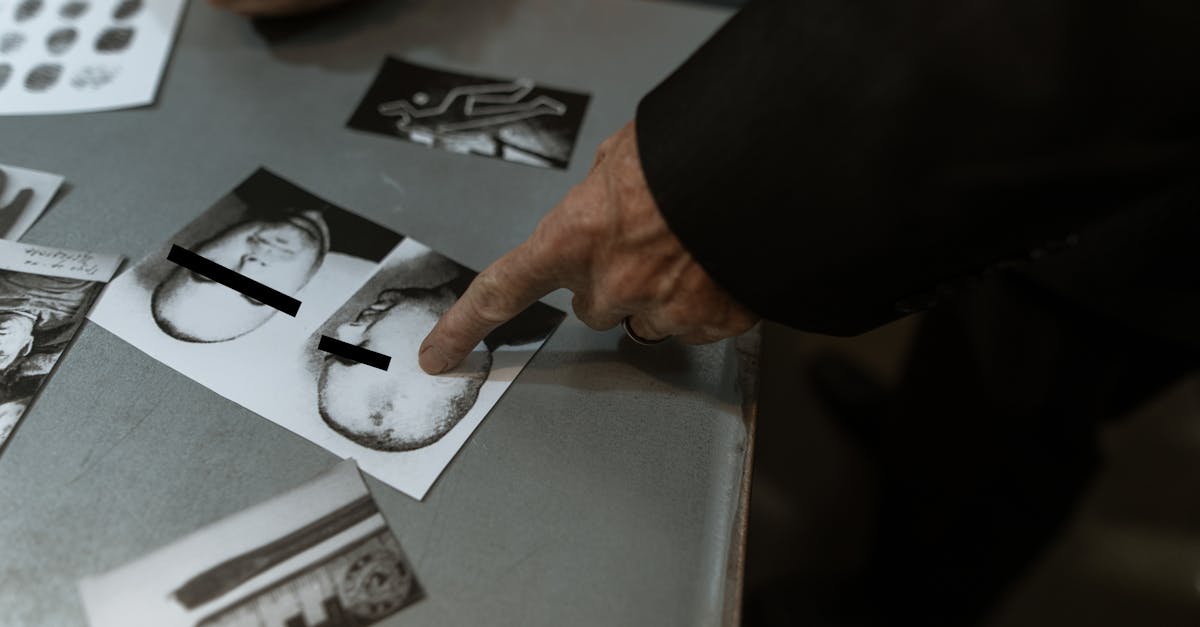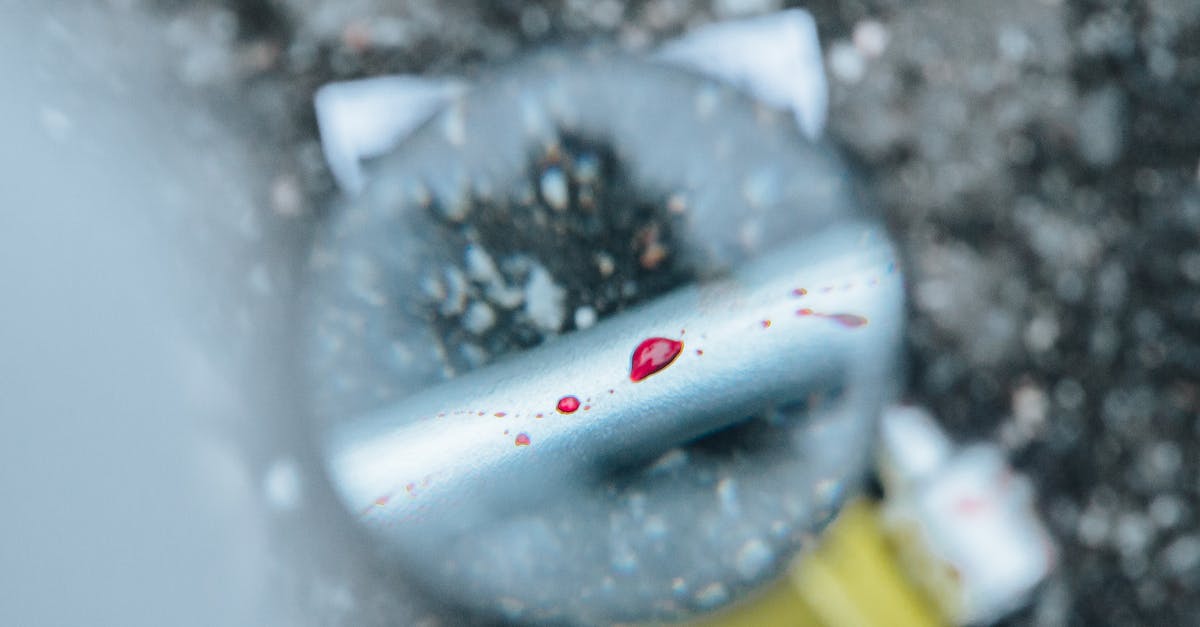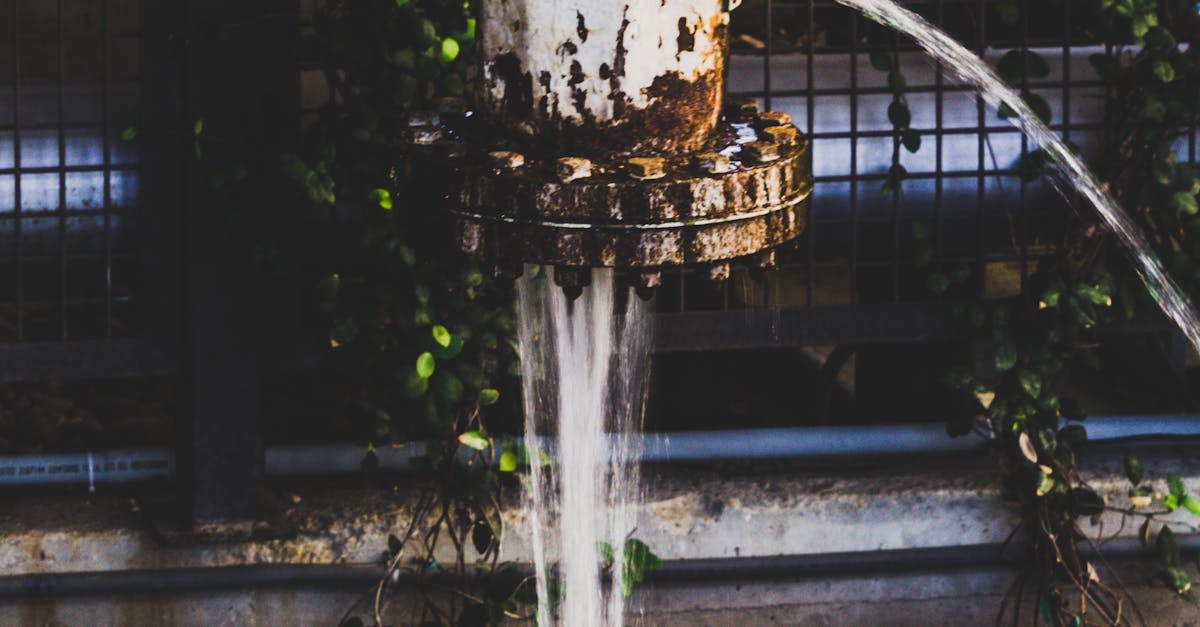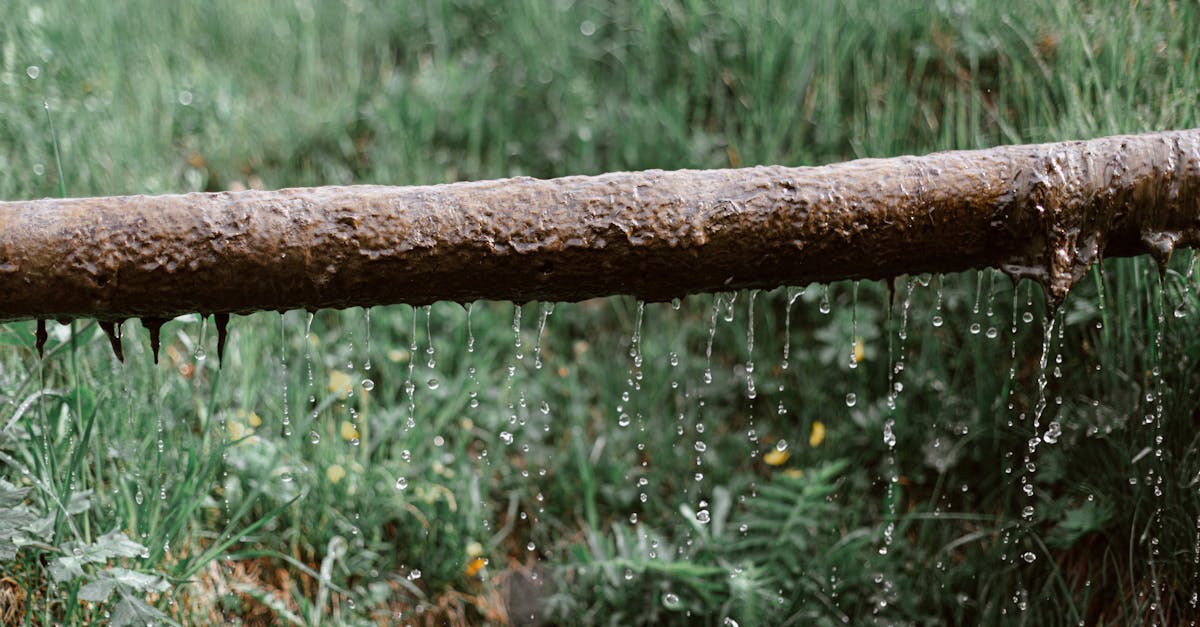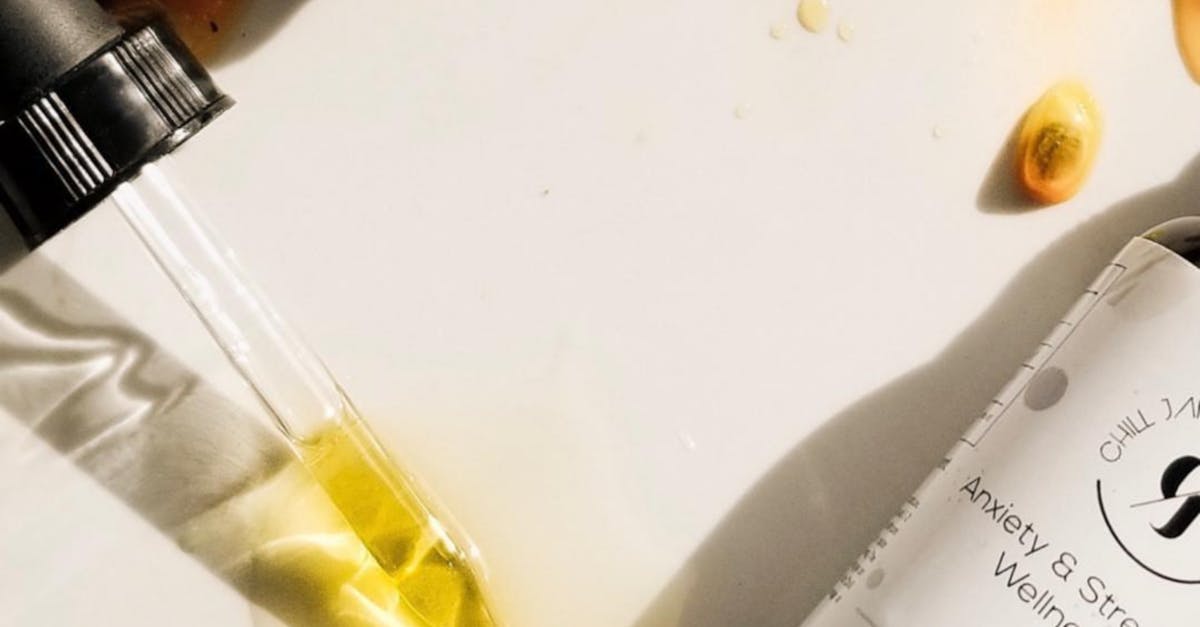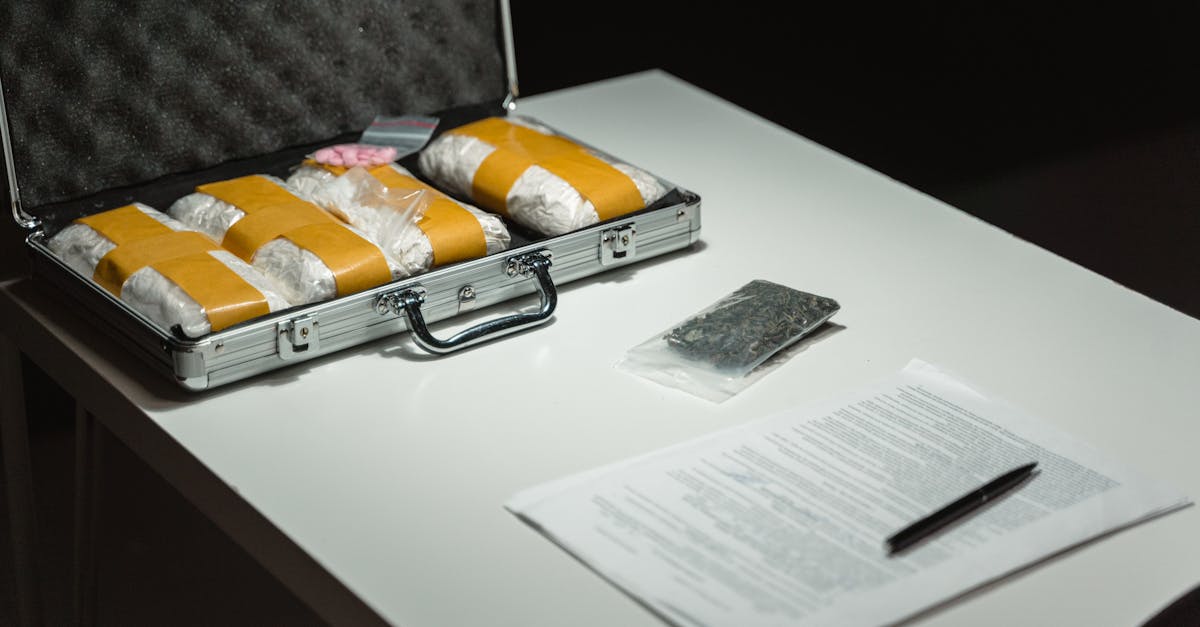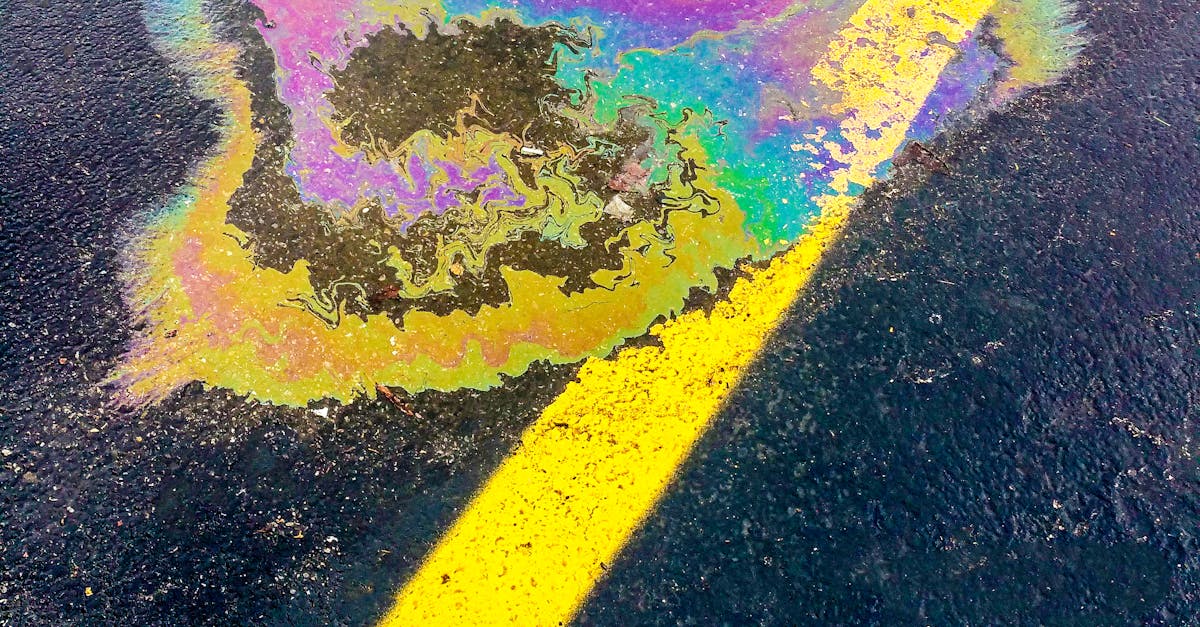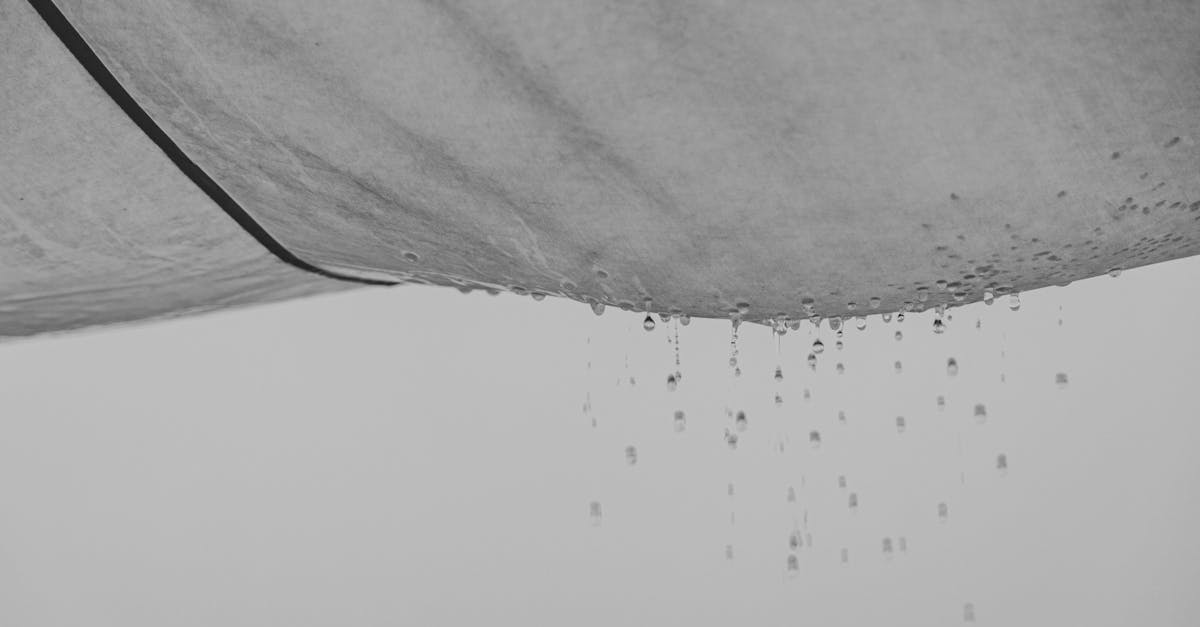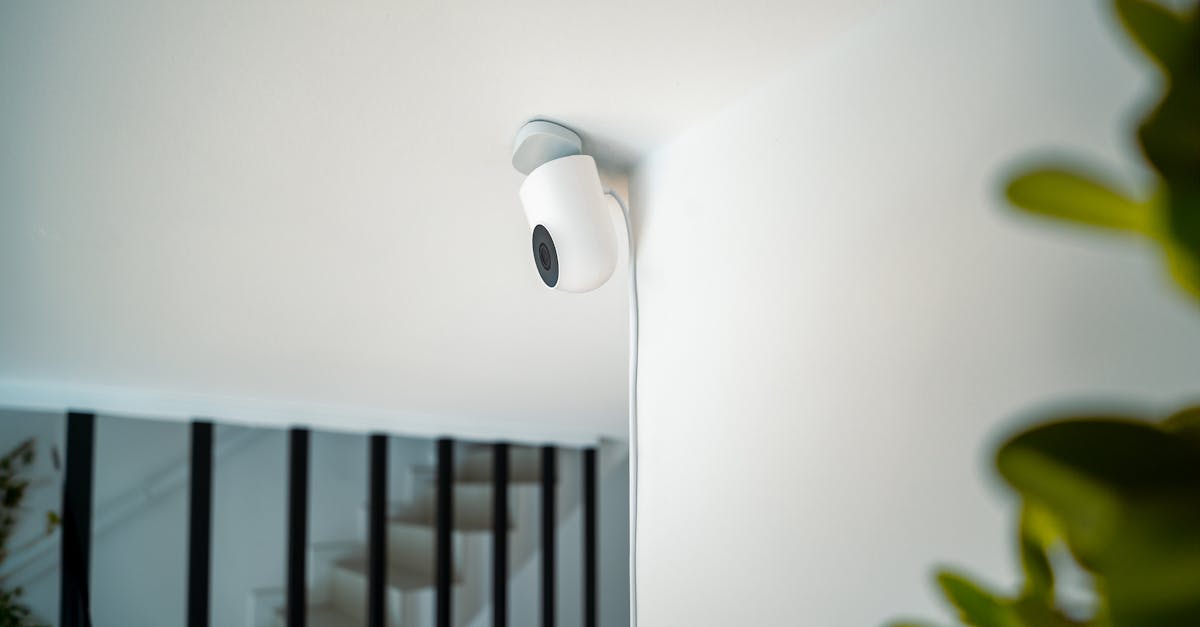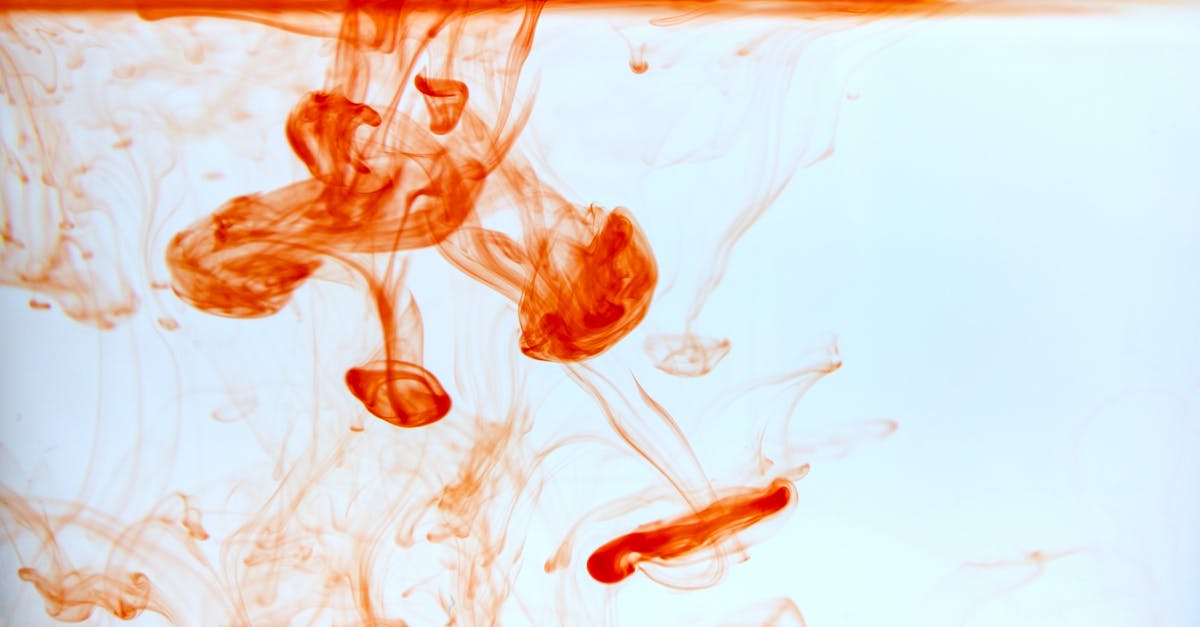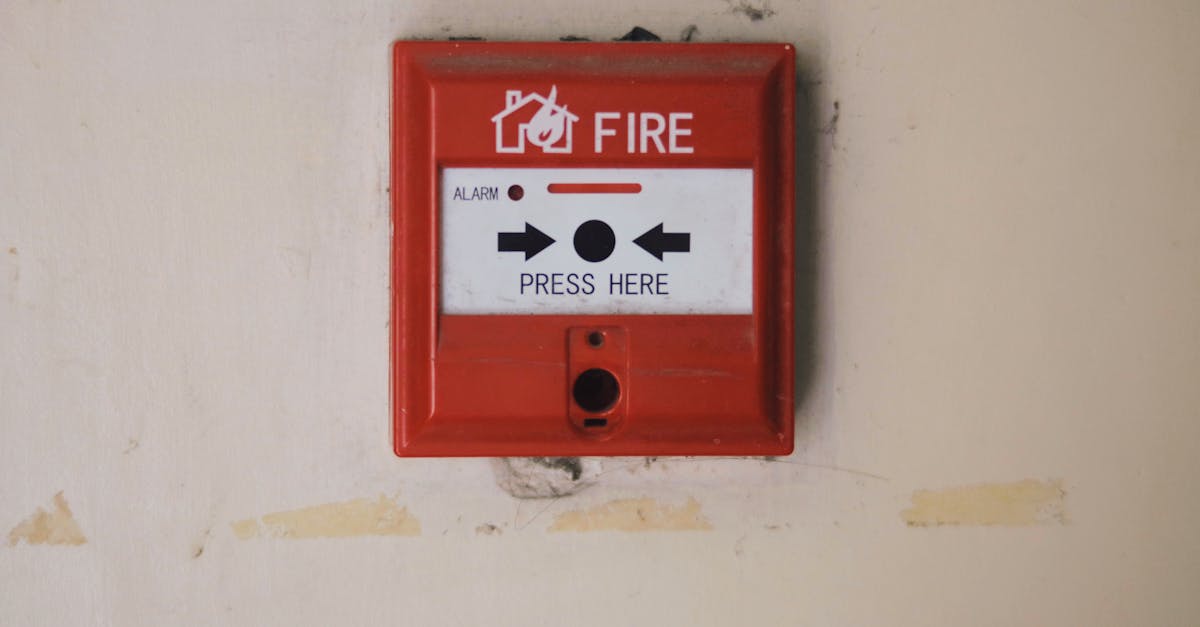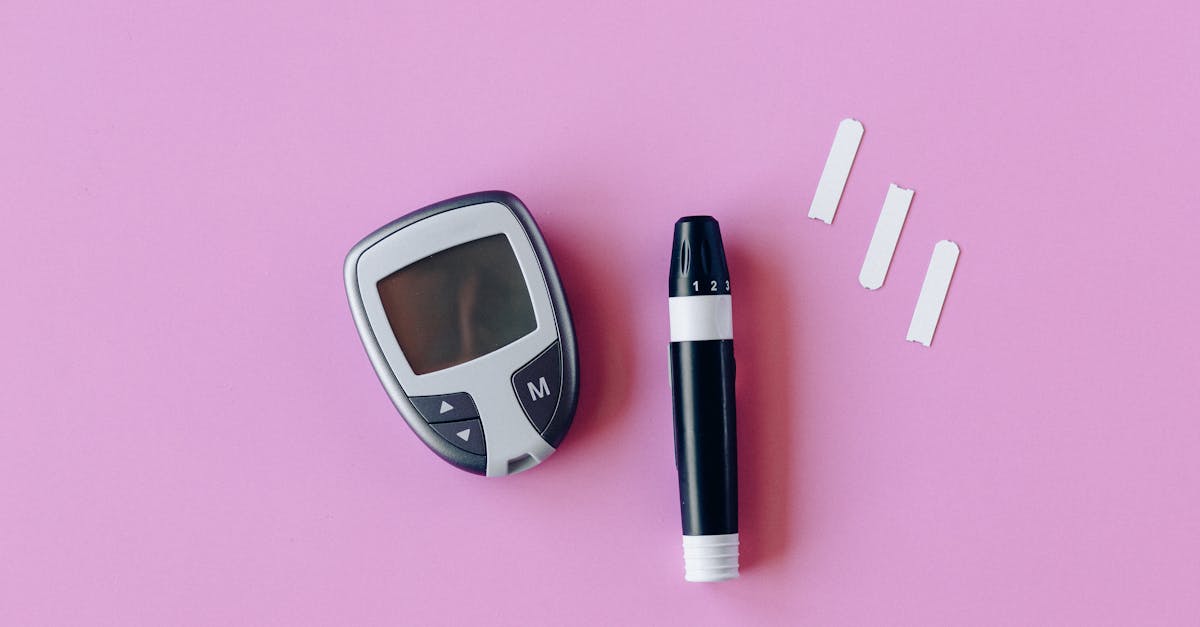
Table Of Contents
Impact of Water Pressure
Water pressure plays a significant role in the sounds that can be heard within plumbing systems. High water pressure can lead to vibrations that resonate through pipes, creating noise similar to running water. This phenomenon occurs because the force of the water flow causes the pipes to vibrate against each other or their mountings, producing audible sounds. Plumbing fixtures may also contribute to this issue, amplifying the noise created by the increased pressure.
While these sounds may not indicate an immediate leak, they can signal that the pressure within the system is excessively high. This situation can be detrimental over time, leading to damage and potential leaks. For homeowners, it’s wise to consider professional services for leak detection and repair if the noise persists, ensuring that the plumbing remains in optimal condition and reducing the risk of future complications.
How High Pressure Can Create Noise
High water pressure within pipes can lead to a range of auditory disturbances, often mistaken for leaks. When water rushes through narrow, old, or improperly sized pipes, it generates vibrations and turbulence, producing noise. This phenomenon commonly manifests as a consistent sound of running water, which may cause concern regarding potential leaks. Homeowners may find themselves reassured by physical inspections, only to continue hearing these unsettling sounds attributed to high pressure rather than actual water loss.
In many cases, excessive pressure can exacerbate existing plumbing conditions. The stress on ageing materials may lead to subtle shifts within the piping system, further amplifying any noise. While there may not be visible leaks, the sound can indicate a problem requiring attention. Engaging professionals in leak detection and repair can help assess the situation to ensure system integrity and prevent costlier issues in the future. Careful monitoring and adjustments to water pressure levels can effectively mitigate these noise concerns over time.
Ageing Plumbing Systems
Older plumbing systems often experience unique challenges that can contribute to sounds resembling running water. Over time, pipes may corrode or become loose, resulting in vibrations as water flows through. These noises can be misleading, leading homeowners to believe there is a leak where none exists. The condition of the pipes, whether they are made of copper, PVC, or galvanised steel, significantly impacts the sound produced during water movement.
Regular maintenance becomes crucial in addressing concerns related to ageing plumbing. Homeowners should remain vigilant for any signs indicating that plumbing may require attention, even in the absence of apparent leaks. Leak detection and repair services can assist in identifying hidden issues that contribute to unusual sounds. Implementing a proactive approach can help maintain the efficiency of the plumbing system while preventing more significant problems down the track.
How Older Pipes Contribute to Sound
Old plumbing systems often feature materials that can amplify sound as water flows through them. Pipes made from metal or other rigid materials are more likely to resonate with water movement. This can create a combination of clangs and groans, especially if the pipes are corroded or have become loose over time. Homeowners may mistake these noises for signs of leaks, even when there are none present.
Additionally, age can lead to wear and tear on fixtures and fittings connected to the plumbing. Even minor flaws in these components can result in an increase in noise levels when water is being used. Regular maintenance, including thorough inspections, can help identify any troubling signs. Leak detection and repair should be a priority to ensure that any potential issues are addressed swiftly, reducing unnecessary disturbances from noisy pipes.
Potential Plumbing Issues to Investigate
Hearing water running in your pipes might indicate underlying plumbing issues that require attention. Even if there are no visible leaks, problems such as mineral buildup or pipe corrosion can create unusual sounds as water flows through. These issues may not lead to immediate leaks but can compromise the integrity of the plumbing system over time. Regular maintenance checks help identify any potential concerns, allowing for timely intervention.
It’s advisable to keep an ear out for changes in the sounds your plumbing makes. Persistent noises could suggest that leak detection and repair might be necessary, even if no leaks are currently present. If the sounds worsen or become more frequent, it could signal a more significant problem brewing within your pipes. Consulting with a plumbing professional ensures that any potential issues are thoroughly examined before they escalate.
Signs of Underlying Problems Beyond No Leaks
Hearing water running in pipes without any visible leaks can indicate various underlying plumbing issues. Sometimes, there may be hidden leaks within walls or under floors that are not easily detectable. Moisture accumulation can lead to serious problems, including mould growth and structural damage, making it crucial to address any suspicious sounds immediately.
Another possibility involves sediment buildup in the pipes. Over time, minerals can accumulate, causing restrictions that lead to increased pressure and corresponding noise. In such cases, leak detection and repair may be necessary to ensure the plumbing system functions properly and to prevent potential damage. Regular maintenance can help identify these issues before they escalate.
FAQS
Why do I hear water running in my pipes when I know there are no leaks?
Hearing water running in your pipes without any visible leaks can be due to several factors, including high water pressure, ageing plumbing systems, or potential issues within the plumbing that may not yet show obvious signs of leakage.
Can high water pressure cause noise in my pipes?
Yes, high water pressure can create noise in your pipes, often referred to as "water hammer" or vibrations. This occurs when water flow is abruptly stopped or redirected, leading to sounds that resemble running water.
How can ageing plumbing systems contribute to the sound of running water?
Older pipes can develop wear and tear, leading to vibrations and noise as water flows through them. Corrosion, sediment build-up, or loose fittings in ageing plumbing systems may amplify these sounds even further.
What are some signs of potential plumbing issues to investigate?
Signs to look out for include unusual noises, fluctuating water pressure, damp spots on walls or ceilings, and discoloured water. These may indicate underlying plumbing problems that need to be addressed.
Should I be concerned if I hear running water in my pipes but see no leaks?
While it may not always indicate a serious issue, it's advisable to investigate the source of the noise. Persistent sounds of running water could signify a plumbing problem that may worsen over time, so consulting a professional plumber is recommended.


